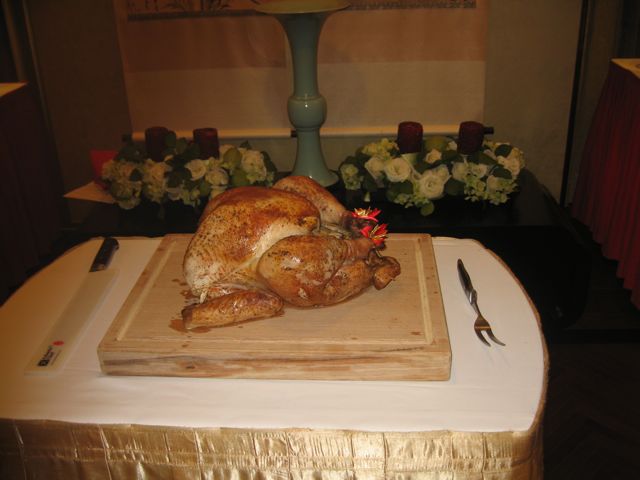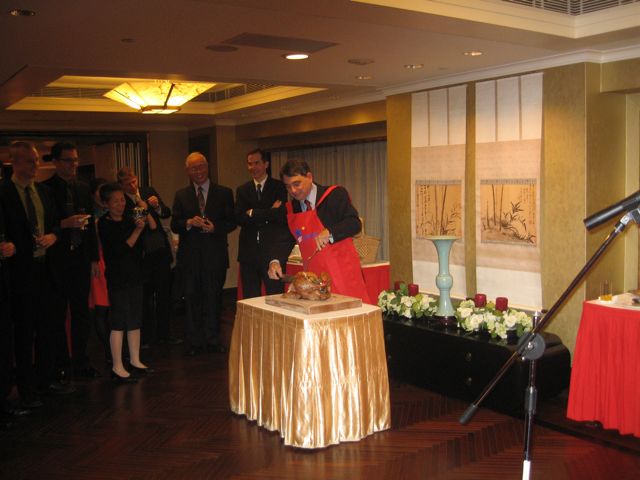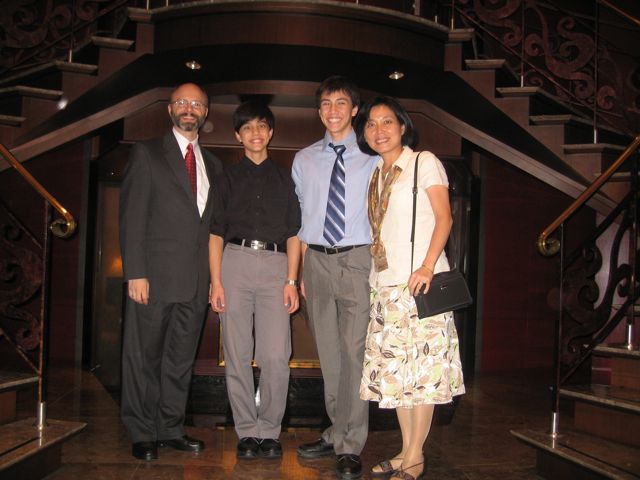Dec 3, 2009 0
Dog feud, part II
We had a few days of quiet, then the dogs started barking again. There are two families who keep their dogs tied up outside. The dogs bark every time that it’s appropriate for dogs to bark, in other words, all the time. After we complained the first time, the owners kept the dogs inside their house for a few days, so the dogs didn’t bark. Then they started leaving them outside again, and guess what? They started barking all the time again.
Stacy called the police again and complained. There isn’t a local nuisance ordinance, so the police can’t fine them. The only way that they can take action is if someone presses charges. Stacy is reluctant to do that under our current circumstances. It’s a bit unseemly for a Fulbright scholar to be pressing charges against residents of their host country. But Stacy asked the police to come by and “advise” the neighbors to do something about the barking.
It worked! The neighbors brought the dogs inside again, and we got a great night’s sleep, plus we weren’t awakened before dawn by yippy barking.
I was half-expecting to see dog poop in the courtyard again this morning, but nothing yet. We know that in a few days, the owners will put the dogs outside again, but our strategy will be to continue calling the police and asking them to continue giving “advice.” Stacy discovered a loophole in the lack of a nuisance ordinance. Even though the police can’t take official action, any time someone calls the police, the police are obligated to send an officer to investigate. We’re hoping that if we have to call repeatedly, that sooner or later the police will get tired of coming over, and will add weight to their “advice.”
Keep your fingers crossed for us.




